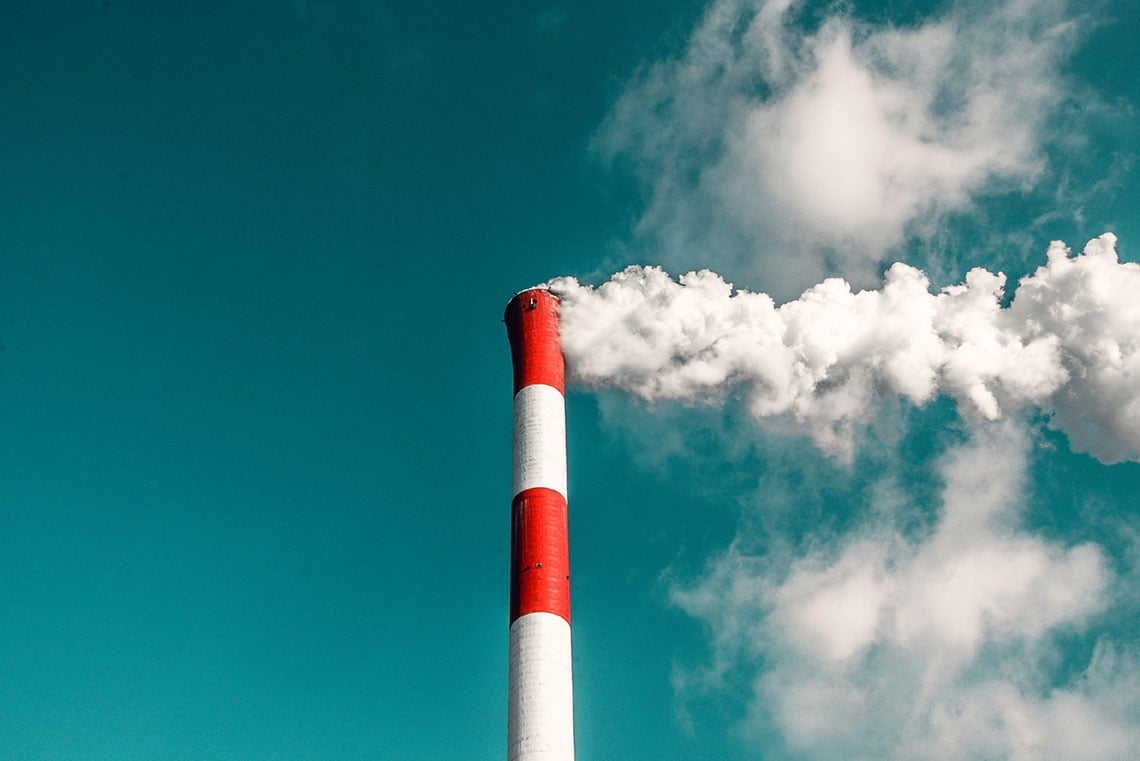-
Risk Advisory
[description]
-
Blockchain & Crypto LAB
After the boom of the last few years, the digital asset ecosystem has managed to position itself as one of the sectors of reference and with an exponential growth forecast. At Grant Thornton, we help our clients to explore all aspects of this technology, to create tailored solutions that bring value to the business and address problems and inefficiencies in the business sector.

This new regulation pursues two main objectives:
- to guarantee an effective control of Fluorinated Greenhouse Gases (FGG);
- and to simplify, as far as possible, the fulfilment of formal obligations, both by the taxpayers and by the Tax Administration.
Although this new regulation may seem to be focussed on its environmental objective, the truth is that the main new of this regulation (modification of the taxable event) pursues the compliance simplification, as foreseen in the Preamble II of Law 14/2022.
The new TFGG taxes the manufacture, importation, intra-community acquisition and irregular possession of FGG, instead of the f-gas sale or delivery to the final consumer as in the prior regulation. Then TFGG taxpayers are those who carry out the manufacture, import or intra-community acquisition, as well as, in cases of f-gas irregular possession, who possess, trade, transport or use the f-gas. In addition, the figure of the f-gas storer has been created and been considered as a TFGG taxpayer, although an special accrual rule applies to avoid the financial cost between the storage and the sale or delivery. In this sense, although it does not apply to this tax, it is striking the similarity of the new taxable event with that provided for in Directive 2020/262, which regulates the general regime of excise taxes. As a result of the new taxable event, the accrual regulation has also been adapted.
On the other hand, in general terms, the subject matter does not change, so hydrofluorocarbons, perfluorocarbons, sulphur hexafluoride, and mixtures containing said substances continue to be taxed. Likewise the taxable base and the tax rate do not suffer great variations, beyond the creation of some presumptions, nor deductions or reimbursements, being the possibility to deduct in Spain the tax paid for gases that have been sent abroad one of the main news.
There are also some modifications related to not subject or exempt situations:
- several exemptions are eliminated, such as the one provided for resellers or for f-gas to be used for the first refilling of new equipment or devices.
- there will be no taxation when, among others, the f-gas will be sent abroad, or when f-gas are used in military equipment, in ships or aircraft that carry out international maritime or air navigation, excluding private recreation, or for chemical transformation where the f-gas composition is entirely altered.
- When f-gas are contained in products that are part of the traveller’s personal luggage from a third territory, they will not be taxed either if there are no commercial reasons.
Lastly, there are important news related to the compliance. We shall highlight the obligation to keep electronic bookkeeping of f-gas subject to the tax, and, where appropriate, of the raw materials necessary to obtain them. Moreover, taxpayers shall register, prior to the beginning of their activity, in the Territorial Register of the Tax on Fluorinated Gases. Taxpayers not established in the Spanish territory must appoint an individual or legal entity to represent them before the Tax Administration and both must register before said Registry. Regarding the settlement period, it will be quarterly (instead of every four months), except imports that are regulated by customs regulations.
Finally, a specific penalties regime has been approved. There is a fixed fine of €1,5K in case of non-registration in the aforementioned register or non-appointment of a tax representative for non-established taxpayers. On the other hand, in the case of non-declaring the proper f-gas amount, the fine would be 100% of the missing tax, and in case of improper use of any tax exemption, the fine would be 150% of the tax benefit unduly enjoyed, with a minimum fine of €1K. The reductions stated in article 188 of Law 58/2003, of December 17, are applicable.